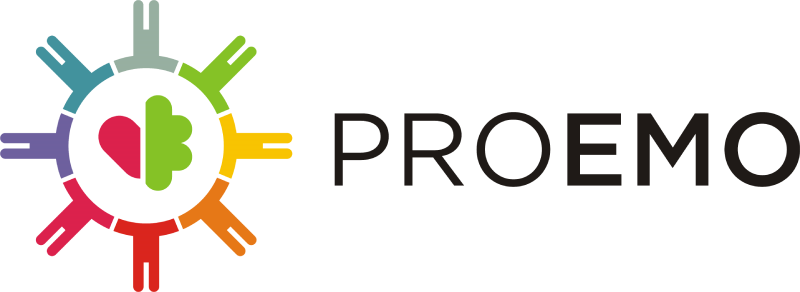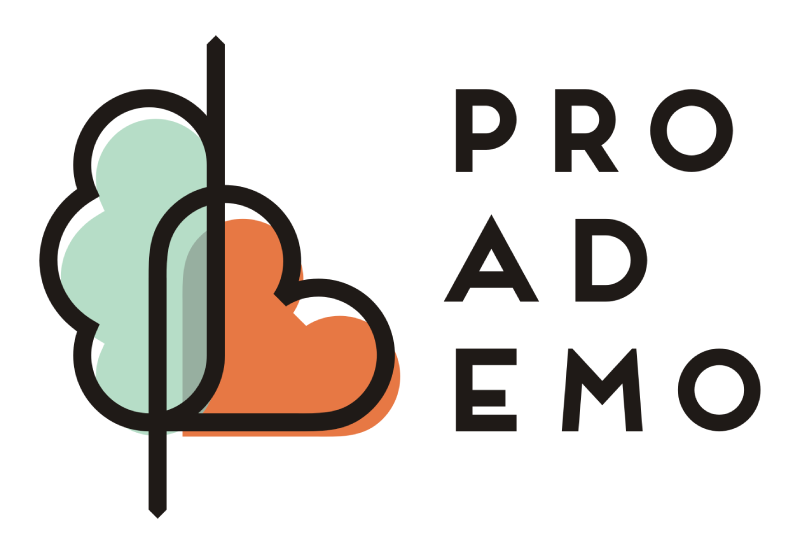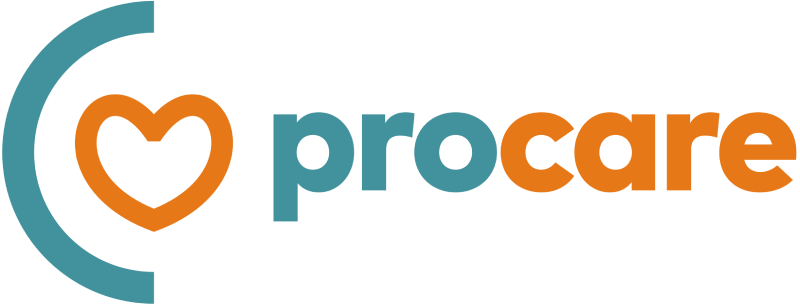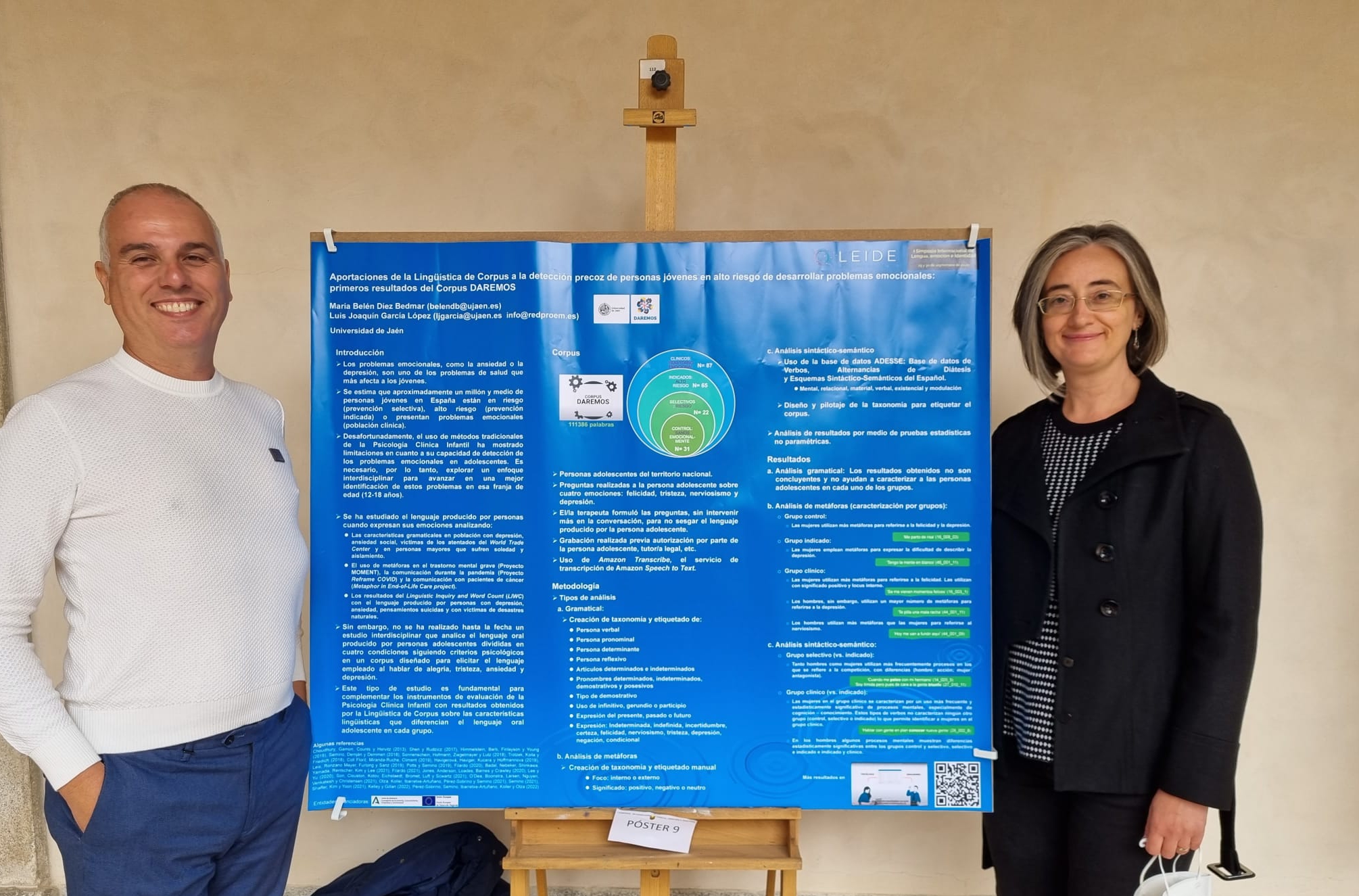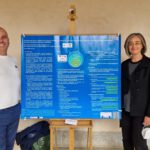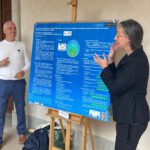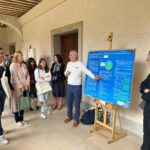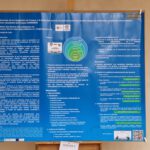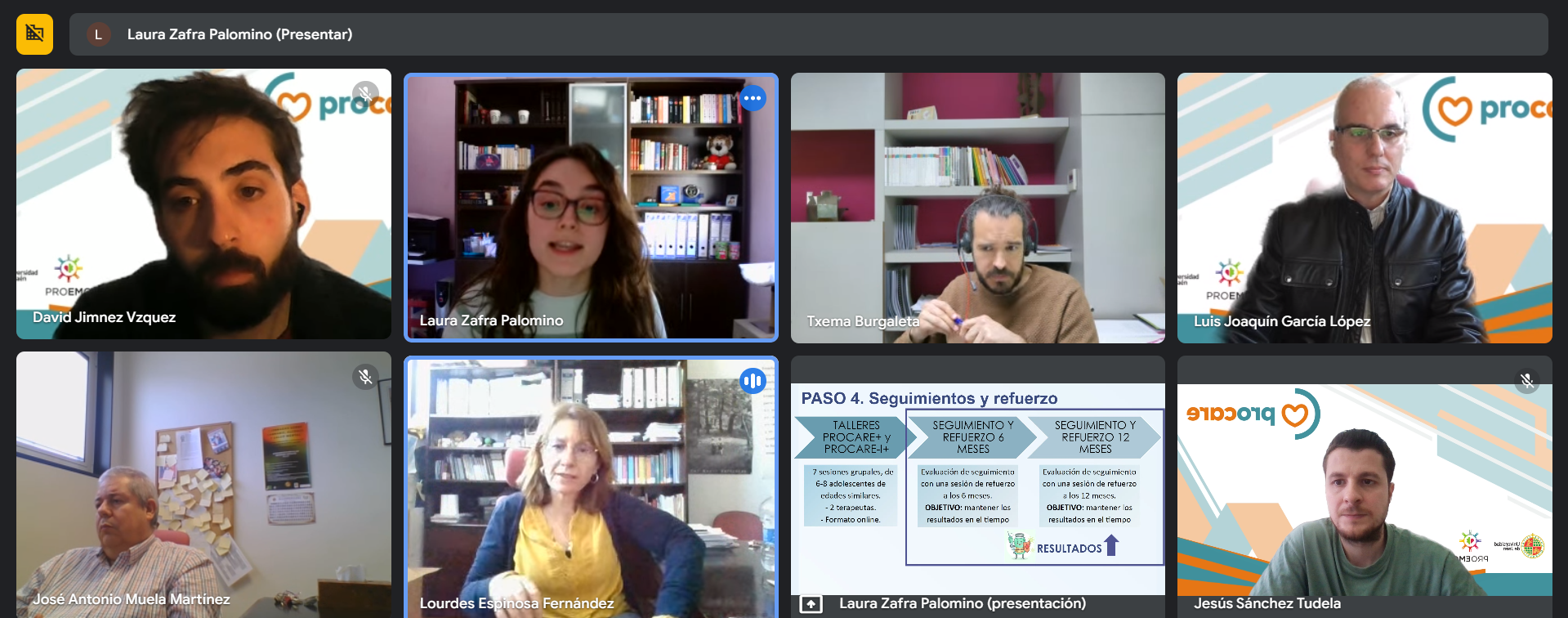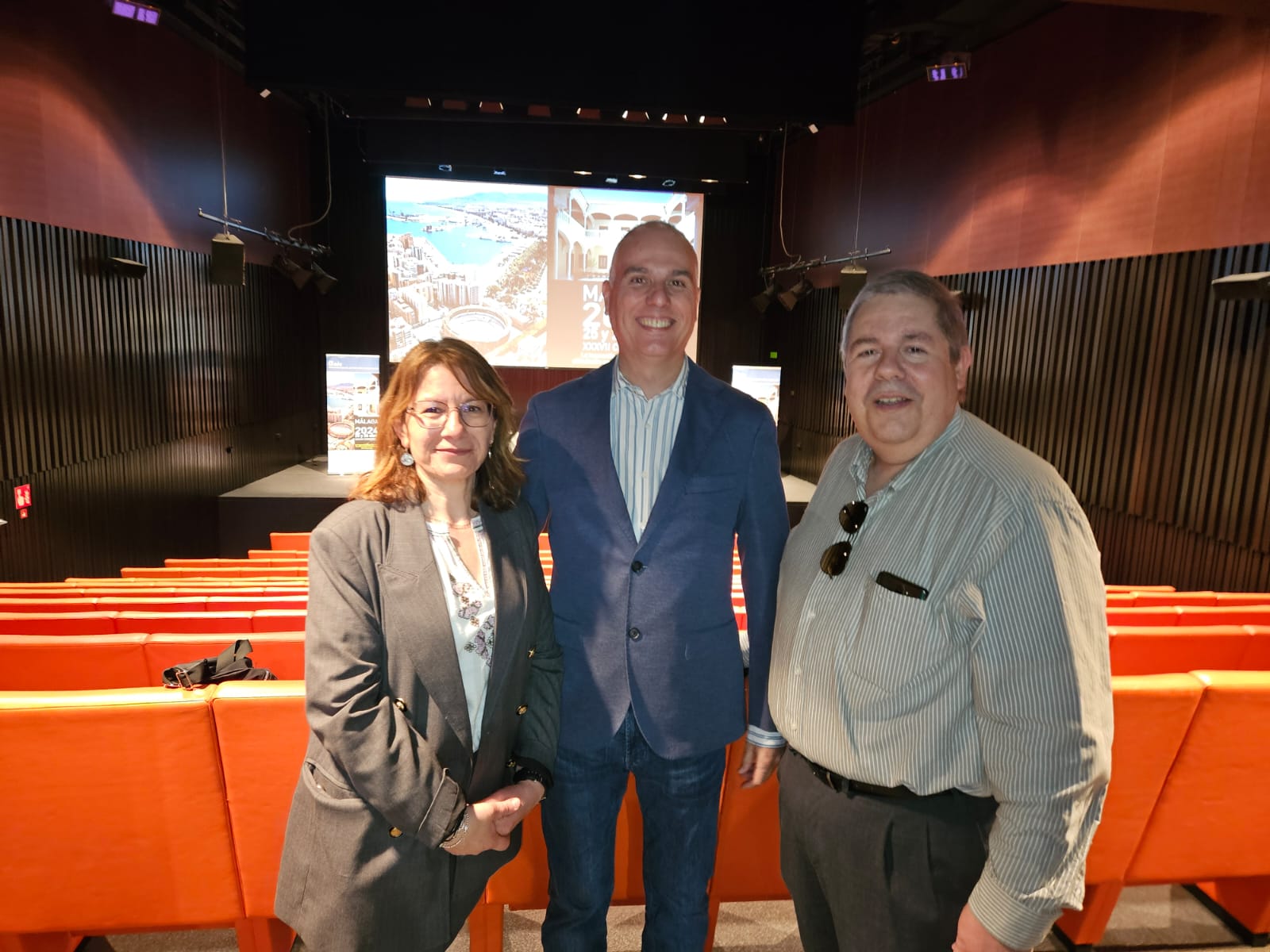The DAREMOS initiative led by UJA and IBIMA and with the collaboration of social agents (FELGTBI+ Youth, COPOE and AMTAES), and governmental (INJUVE and the Spanish Youth Council), provides free help to school children between 12 and 18 years of age at risk of suffering from anxiety and depression.
7/10/2022.- Researchers from the University of Jaén (UJA) Mª Belén Díez and Luis Joaquín García presented a paper on DAREMOS, an initiative to promote mental health in adolescents, at the 1st International Symposium on Language, Emotion and Identity, organized by the University of Alcalá from September 29 to 30.
Specifically, they presented the contributions of Corpus Linguistics to the early detection of young people at high risk of developing emotional problems through the first results of the analysis of the DAREMOS Corpus.
“To date, the spontaneous oral language produced by adolescents divided into four conditions (control population, population at risk, population at high risk and clinical population, following psychological criteria) had not been studied in an interdisciplinary way in a corpus designed to analyze the language used when talking about happiness, sadness, anxiety and depression”, explains the professor of the Department of English Philology at the UJA, Belén Díez.
In the DAREMOS Corpus, the types of words used and the use of metaphors have been analyzed; and the syntactic-semantic analysis of the corpus has been carried out. Thus, it was possible to characterize the language used when talking about four emotions (happiness, sadness, nervousness and depression) by adolescents from all over Spain, divided into four groups: control (emotionally healthy), selective (at risk of suffering emotional problems), indicated (at high risk) and clinical (with a detected emotional disorder).
The results obtained indicate that the analysis by type of word used is not conclusive and does not help to characterize the adolescents in each of the groups. As for the syntactic-semantic analysis, the most revealing findings indicate that the language used by the adolescents in the clinical group is characterized by a more frequent and statistically significant use of mental processes, especially cognition-knowledge. These types of processes do not characterize any other group (control, selective or indicated), which makes it possible to identify adolescent females in the clinical group.
Regarding the use of metaphors, among the results obtained, it is observed that females in the clinical group use more metaphors to refer to happiness, while males use more metaphors to refer to depression. Adolescent males in the clinical group, moreover, use more metaphors than females to refer to nervousness. In the other groups, it is observed that the type of metaphor and its frequency can distinguish the spontaneous oral production of adolescents.
“It is important to pay attention to the language used by adolescent people as it may reveal complementary information to traditional methods in identifying young people with (or at risk of suffering) emotional problems,” expresses Luis Joaquín García. “Preliminary studies show that the syntactic-semantic study and the study of metaphors can provide valid conclusions about the differences in the language used by adolescents. The interdisciplinary work of Corpus Linguistics and Clinical Psychology advances in novel and valid tools for the early detection of adolescents at risk of suffering emotional problems”, he insists.
The DAREMOS Project is funded by the FEDER-Andalusia program and involves, in addition to Mª Belén Díez and Luis Joaquín García, researchers from the Department of Psychology of the UJA, Lourdes Espinosa and José Antonio Muela, as well as Arturo Montejo, as member of the UJA spin-off YottaCode, and member of the UJA spin-off YottaCode, together with Juan Miguel Gómez (IP2) and María Jesús Pinto, members of the Institute of Biomedical Research of Málaga (IBIMA). For their part, the Youth Institute (INJUVE) of the Ministry of Social Rights and Agenda 2030, the Spanish Youth Council (CJE), the Spanish Association of Mutual Help against Social Phobia and Anxiety Disorders (AMTAES), the FELGTBI+ Youth group and the Confederation of Organizations of Psychopedagogy and Guidance of Spain (COPOE) are part of the External Advisory Board of the initiative.
The I International Symposium on Language, Emotion and Identity aims to advance knowledge on the role of emotions and identity in language acquisition and learning by critically reflecting on the different related topics of study.
In addition, this scientific event counted with the participation of top-level speakers such as José Antonio Hinojosa (Universidad Complutense), Jeanette Altarriba (University at Albany), Laura Alba-Juez (UNED), Javier Valenzuela (Universidad de Murcia), or Nairán Ramírez (University of Connecticut), as well as two practical seminars carried out by the research groups LEIDE and LAELE.

